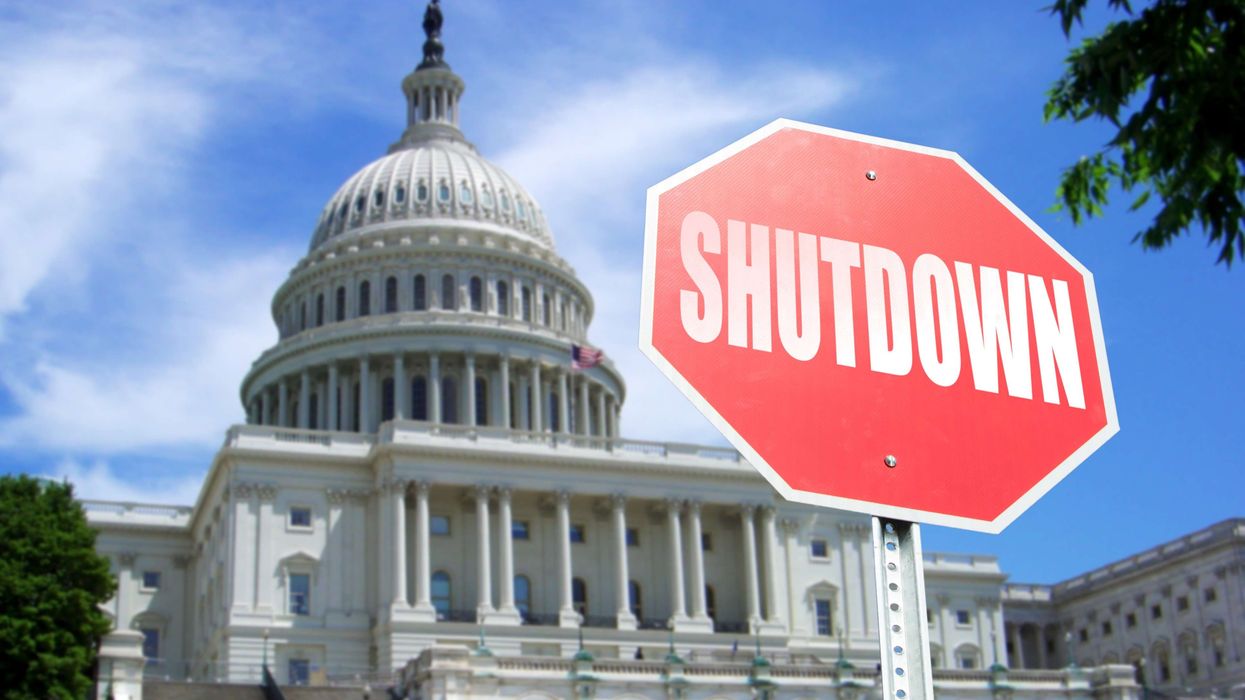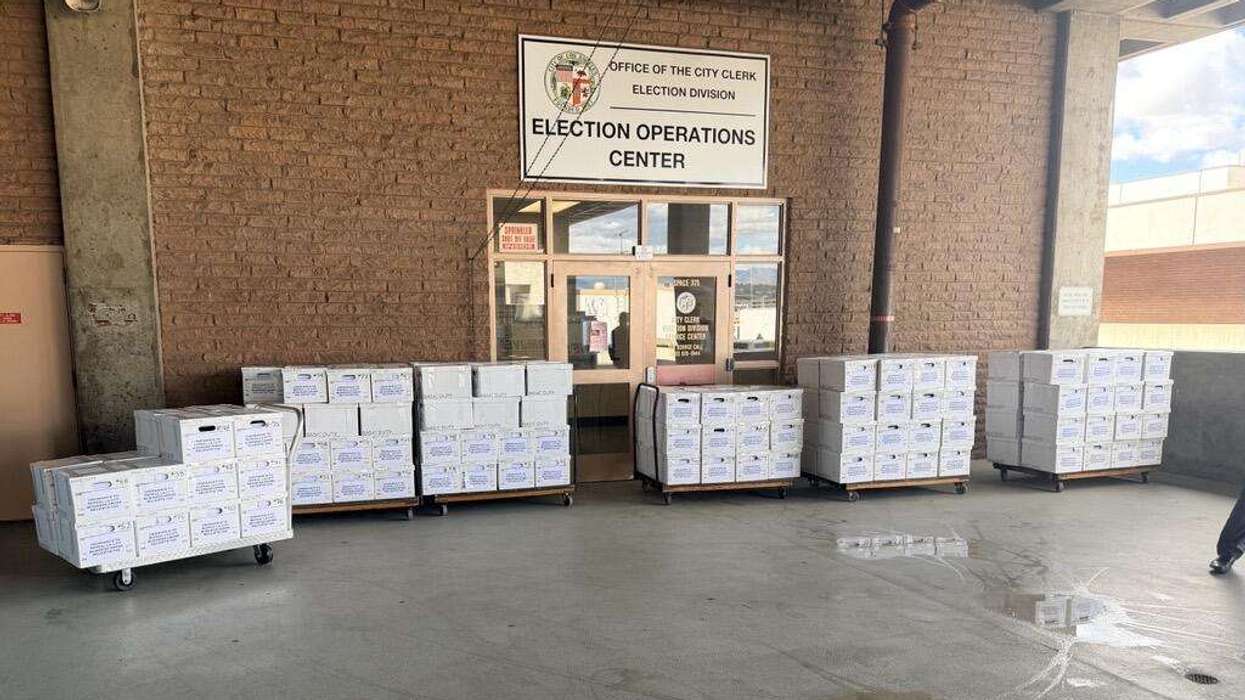Summary:
- Hotel industry loses $650 million in fourth week of shutdown, $31 million lost daily.
- Shutdown losses have passed $3B and continue rising, USTA reported.
- AAHOA and AHLA urge Congress to reopen government and restore travel services.
THE HOTEL INDUSTRY lost $650 million as the shutdown enters its fourth week, with each day costing $31 million in hotel-related activity, according to the American Hotel & Lodging Association. More than 300 industry associations, including AAHOA and AHLA, urged Congress to reopen the government and restore services affecting travel and tourism.
The shutdown, the second-longest in modern history after the 35-day 2018–2019 shutdown, prompted the associations to write Congress, imploring an end due to its impact on tourism and hospitality, they said in a joint statement.
Meanwhile, U.S. Travel Association’s economic loss ticker surpassed $3 billion and continues to rise.
“Hotel owners are on the front lines of America’s economy — and every day this shutdown continues, it puts more small businesses and jobs at risk,” said Kamalesh “KP” Patel, AAHOA chairman. “When the government shuts down, uncertainty ripples across every community. Conferences get canceled, families postpone trips and hotels lose valuable business. Congress must act quickly to restore confidence, reopen the government and support the industries that keep America’s economy moving.”
The Federal Reserve faces a weakening labor market and persistent inflation, a challenge compounded by the shutdown, which has cut off access to key economic data, from unemployment rates to retail sales, a week before its next rate decision, CNN reported.
Rosanna Maietta, AHLA president and CEO, said the shutdown is severely affecting hotel, travel and hospitality sectors.
“Economic uncertainty and waning consumer confidence are translating into booking cancelations and discouraging future planning especially as we head into the heart of the holiday travel season,” she said. “These essential industries fuel our economy and we need our leaders in Washington to come together now and vote to reopen the government as soon as possible.”
The hotel and lodging industry supports 2.1 million direct jobs and nearly 9 million total jobs nationwide, the statement said. It generates $894 billion in annual GDP and contributes $85 billion in state, local and federal taxes.
“Our members represent nearly 20,000 small business owners who support 60 percent of U.S. hotels—a testament to entrepreneurship and resilience,” said Laura Lee Blake, AAHOA president and CEO. “But even the most resilient businesses cannot thrive amid prolonged uncertainty. The ripple effects of this shutdown reach from front desks to entire communities. It’s time for Congress to replace gridlock with momentum—for the good of our economy, our workforce and the millions of travelers who depend on a strong and stable hospitality industry.”
A shutdown would disrupt federal agencies, including the Transportation Security Administration, and hurt the travel economy, USTA CEO Geoff Freeman wrote Sept. 25. The association estimated weekly losses at $1 billion, which have surpassed $3 billion on its website ticker.
“The hotel industry powers millions of jobs and strengthens communities on every Main Street across America,” said Chris Hardman, International Society of Hotel Associations chair and incoming CEO of the Georgia Hotel & Lodging Association. “More than 30 hotel associations representing thousands of small businesses nationwide stand united in urging Congress to act now—so hotels can return to what they do best: welcoming guests from around the world at America’s front door.”
Meanwhile, House Democratic leaders and members of the Democratic Steering and Policy Committee met Wednesday to highlight the shutdown’s effects, criticizing House Republicans for remaining away from Washington as the lapse enters its fourth week, CBS News reported.
"Today is Day 22 of the Trump-Republican shutdown of the federal government and Americans are hurting every day," House Minority Leader Hakeem Jeffries said.
GOP Rep. Bruce Westerman of Arkansas, chairman of the House Committee on Natural Resources, spoke about the shutdown’s impact on national parks and public lands. Most parks remain open with reduced staffing and services, but Westerman warned that continued funding gaps could change that.
"This can't continue indefinitely. Without funding, public lands will not remain accessible," Westerman said, according to CBS News. "The longer this shutdown lasts, the greater the consequences: litter will accumulate and park ecosystems will be affected."






